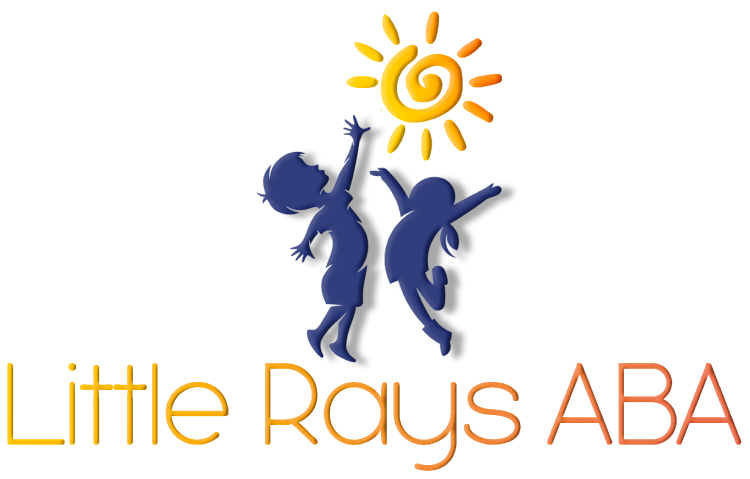
The Top 3 Causes of Autism—What Every Parent Should Know
Autism Spectrum Disorder (ASD) doesn’t have just one cause. But research has pointed to three primary factors: genetics, prenatal environment, and brain development differences.
Understanding these can help families better navigate a diagnosis—and support their child with clarity and compassion.
1. Genetics
A strong body of evidence links autism to genetics. According to the National Institute of Mental Health, up to 80% of autism risk is inherited. Specific gene mutations and rare genetic syndromes, like Rett syndrome or Fragile X, can contribute to the likelihood of developing ASD.
“The more we learn about the genetics of autism, the clearer it becomes that it’s a condition with many roots,” says Dr. Wendy Chung, a geneticist and autism researcher at Columbia University.
2. Prenatal and Perinatal Environment
What happens during pregnancy also plays a role. Exposure to certain environmental factors—like air pollution, infections, or complications during birth—can increase risk.
A 2022 study published in JAMA Pediatrics linked maternal infection during pregnancy to a 12% higher risk of autism.
3. Brain Development Differences
Research using brain imaging shows that children with autism often have differences in how their brains are structured and how they communicate. These differences may begin in early fetal development, impacting how neurons form and connect.
If your child has been diagnosed with autism, early support is key. Little Rays ABA offers compassionate, personalized autism care across Florida.
We provide in-home ABA therapy, school-based autism support, in-camp services, and ABA parent training—meeting your child where they learn and grow best.
Contact us today to learn how we can help your family thrive.
FAQs
1. Is autism caused by vaccines?
No. Numerous studies, including from the CDC and WHO, have found no link between vaccines and autism.
2. Can autism run in families?
Yes. Having a sibling with autism increases the likelihood of another child being diagnosed.
3. Is autism always diagnosed in childhood?
Often, yes—but some people receive a diagnosis later in life, especially if their symptoms were mild or overlooked.
Related Posts





